Looking for the best diet plans to stay fit and healthy? With a vast array of options, selecting the right one can be daunting. Americans follow a variety of diet plans to lose weight, boost energy, and maintain overall well-being. Whether it’s the heart-healthy Mediterranean diet or the fat-burning Keto diet, each has unique benefits. In this guide, we explore the 7 best diet plans, their advantages, and how they can fit into your lifestyle.
1. Mediterranean Diet: A Heart-Healthy Choice
The Mediterranean diet is known for its balanced approach to eating, inspired by the traditional diets of countries like Greece and Italy. This diet is known for improving heart health, supporting weight management, and reducing the risk of chronic diseases.
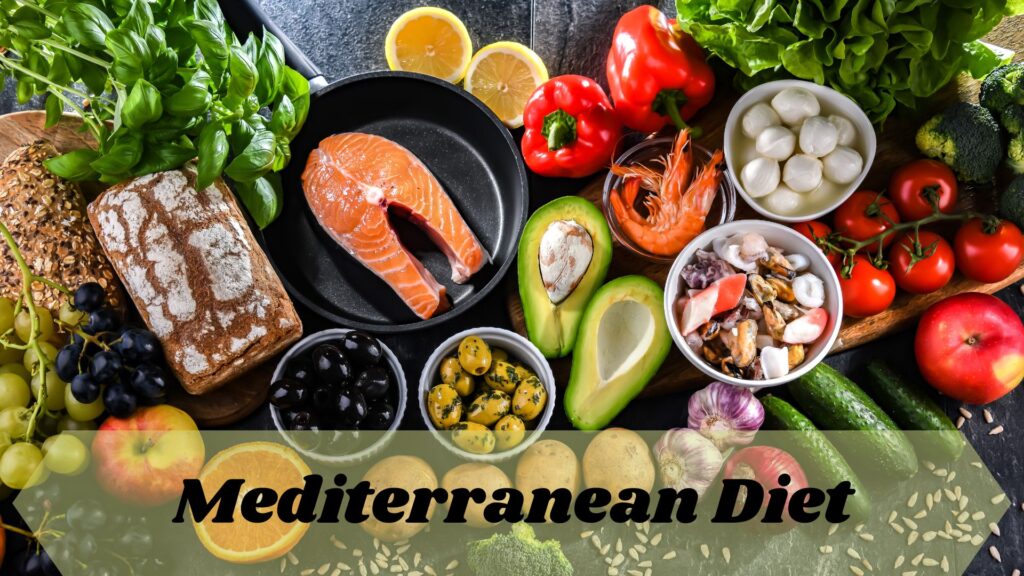
Benefits:
- Supports heart health and reduces cholesterol
- Rich in antioxidants, lowering inflammation
- Helps manage weight effectively
Key Foods:
- Fresh fruits and vegetables
- Whole grains (quinoa, brown rice, whole wheat bread)
- Lean proteins (fish, poultry, legumes)
- Healthy fats (olive oil, nuts, avocados)
2. DASH Diet: Lowering Blood Pressure Naturally
The DASH diet (Dietary Approaches to Stop Hypertension) is specifically designed to lower high blood pressure and improve heart health. This diet helps reduce hypertension, supports weight loss, and lowers the risk of heart disease and stroke.
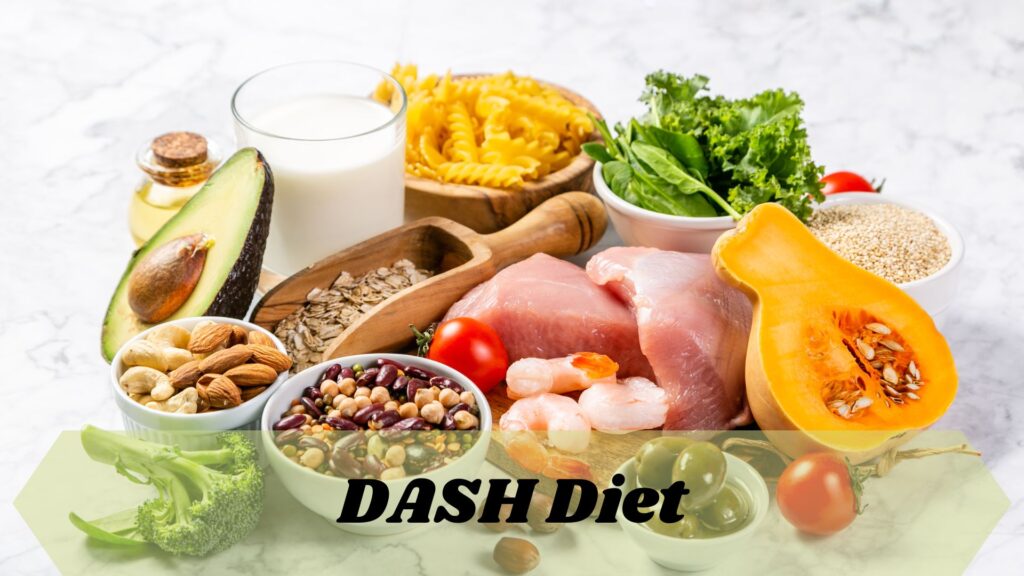
Benefits:
- Reduces sodium intake for better heart health
- Encourages a well-balanced nutrient-rich diet
- Supports weight management
Key Foods:
- Fresh fruits and vegetables
- Low-fat dairy products
- Lean meats and fish
- Whole grains and nuts
3. Keto Diet: Rapid Fat Burning
The Keto diet is a high-fat, low-carb diet that encourages the body to burn fat for energy instead of carbohydrates. This diet is known for rapid weight loss, improved mental clarity, and better blood sugar control.
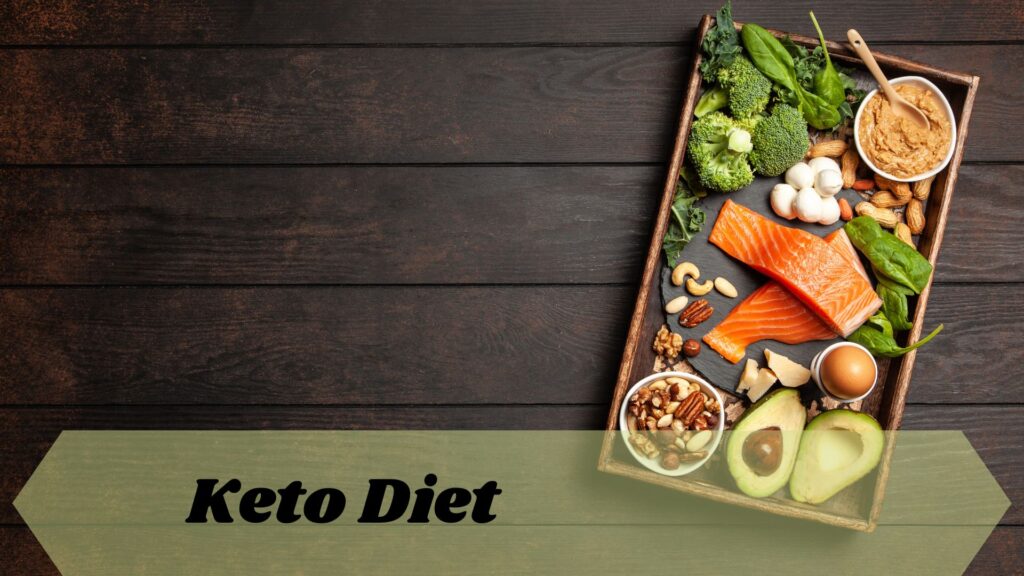
Benefits:
- Helps with rapid weight loss and fat burning
- Regulates blood sugar levels
- Improves mental clarity and focus
Key Foods:
- Healthy fats (avocado, coconut oil, butter)
- Proteins (meat, fish, eggs)
- Low-carb vegetables (spinach, broccoli, zucchini)
- Nuts and seeds
4. Intermittent Fasting: Focusing on Meal Timing
Unlike traditional diets, Intermittent Fasting (IF) focuses on when you eat rather than restricting certain foods. Instead of focusing on what to eat, it focuses on when to eat.
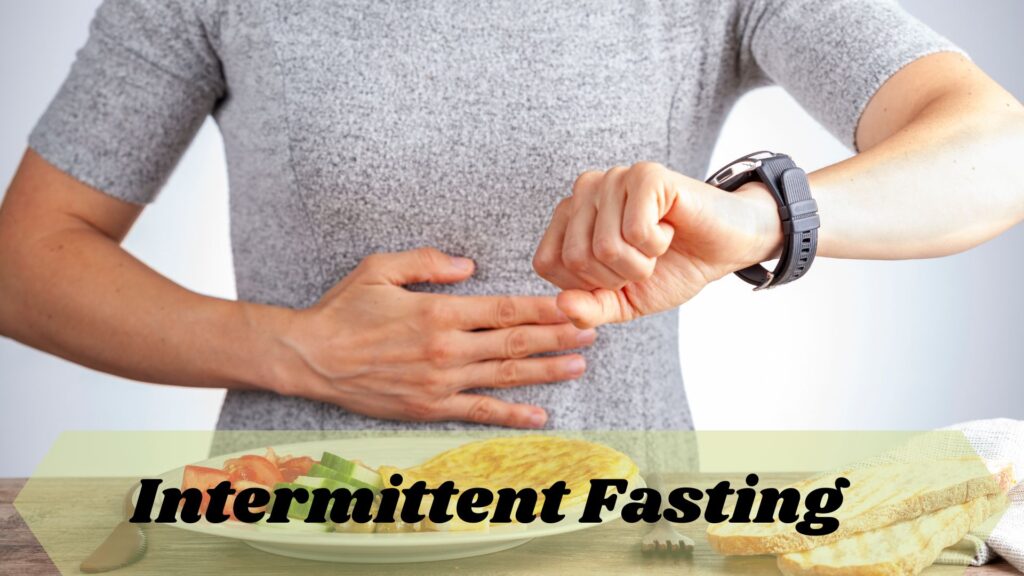
Benefits:
- Promotes weight loss and fat reduction
- Improves metabolism and insulin sensitivity
- May support brain function and longevity
Popular Methods:
- 16/8 Method: 8-hour eating gap, 16 hours of fasting
- 5:2 Method: Eating normally for five days, restricting calories for two days
- Eat-Stop-Eat: Not eat for 24 hours once or two times a week
5. Plant-Based Diet: A Sustainable Lifestyle Choice
A plant-based diet focuses on consuming natural, whole plant foods, either as a vegetarian (no meat) or vegan (no animal products at all). This diet promotes heart health, weight management, reduced inflammation, and a lower risk of chronic diseases like diabetes and hypertension.
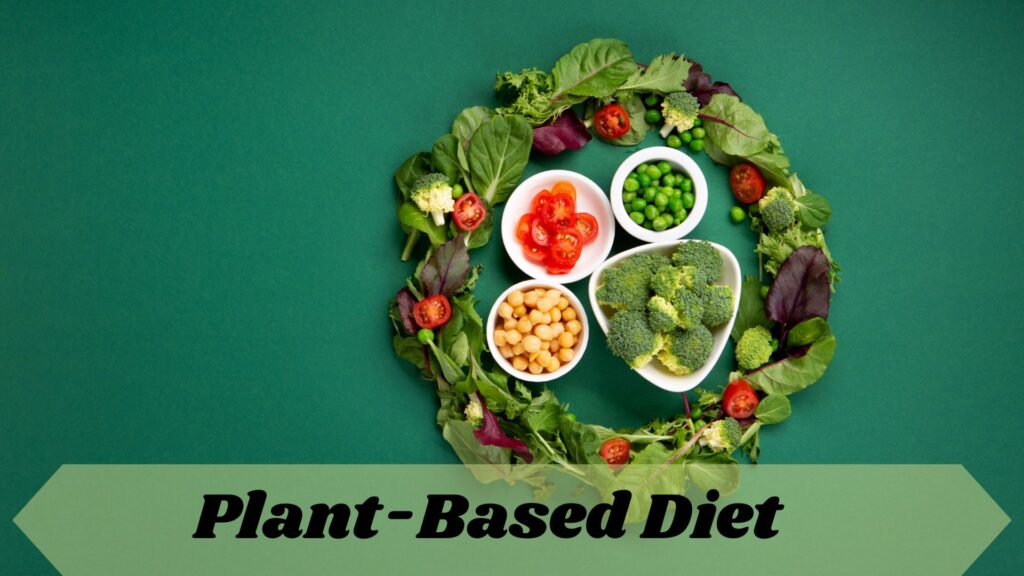
Benefits:
- Reduces risk of chronic diseases
- Supports ethical and sustainable eating
- Aids in weight management
Key Foods:
- Fruits and vegetables
- Legumes and beans
- Whole grains (oats, quinoa, brown rice)
- Nuts and seeds
6. Paleo Diet: Eating Like Our Ancestors
The Paleo diet emphasizes eating whole, unprocessed foods similar to what early humans consumed. This diet supports weight loss, improved digestion, better energy levels, and reduced inflammation.
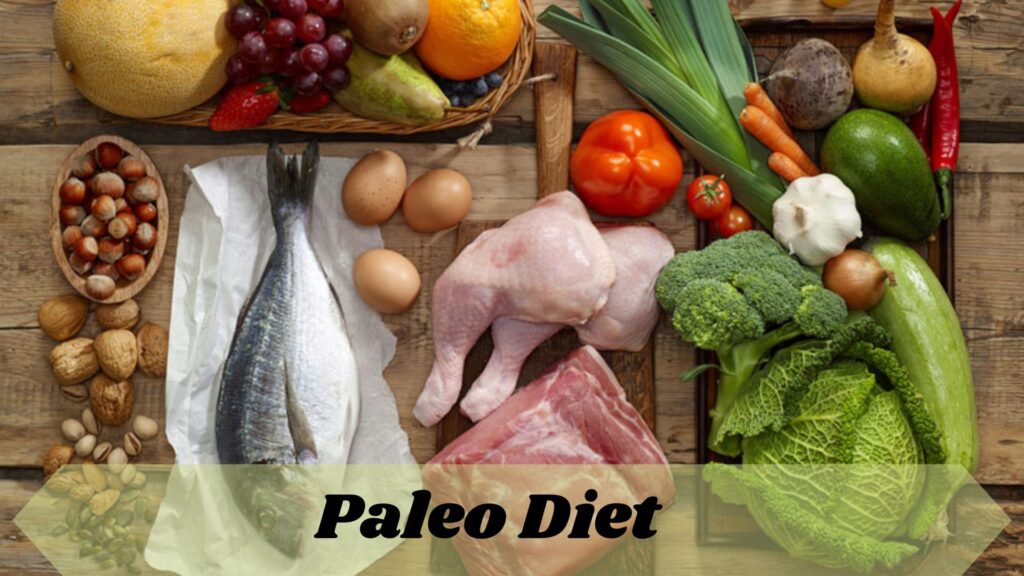
Benefits:
- Eliminates processed foods and refined sugars
- Supports gut health and digestion
- Helps with weight loss and muscle building
Key Foods:
- Lean meats and fish
- Fresh fruits and vegetables
- Nuts and seeds
- Healthy oils (olive oil, coconut oil)
7. Flexitarian Diet: A Balanced Approach
The Flexitarian diet is a semi-vegetarian diet that encourages plant-based eating while allowing occasional meat consumption. It combines the benefits of vegetarianism with flexibility. This diet promotes weight loss, heart health, improved digestion, and a lower risk of chronic diseases while allowing flexibility in food choices.
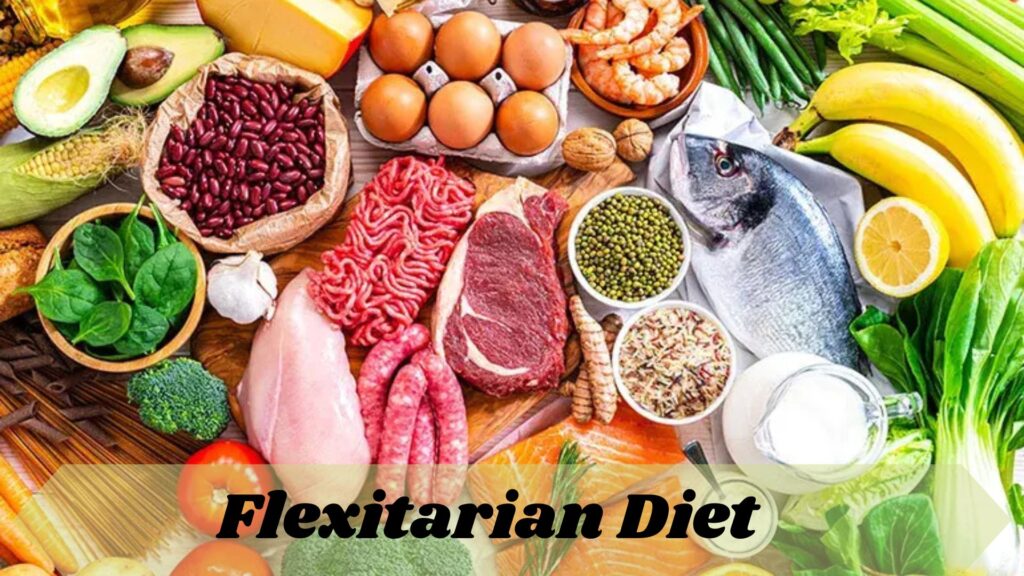
Benefits:
- Promotes a healthy and flexible eating pattern
- Reduces risk of heart disease and diabetes
- Encourages mindful eating habits
Key Foods:
- Mostly plant-based foods
- Occasional meat and fish
- Whole grains and legumes
- Healthy fats
Conclusion
Choosing the right diet plan depends on your health goals and lifestyle. Whether it’s the Mediterranean diet for heart health, the Keto diet for fat loss, or the Flexitarian diet for balance, each plan offers unique benefits. The key to success is consistency and making informed nutrition choices.
Call to Action
Which diet plan fits your lifestyle best? Let us know in the comments below! Don’t forget to explore more health and wellness content on Biply.
FAQ
Q: What is the healthiest diet for long-term weight loss?
A: The Mediterranean and DASH diets are among the best for long-term weight loss and overall health due to their balanced nutrition.
Q: Can the Keto diet be followed long-term?
A: While effective for short-term weight loss, the Keto diet may not be sustainable long-term due to its restrictive nature.
Q: What is the easiest diet to follow?
A: The Flexitarian diet is one of the easiest because it allows flexibility while promoting plant-based nutrition.
Stay tuned for more nutrition tips and healthy lifestyle guides on Biply!

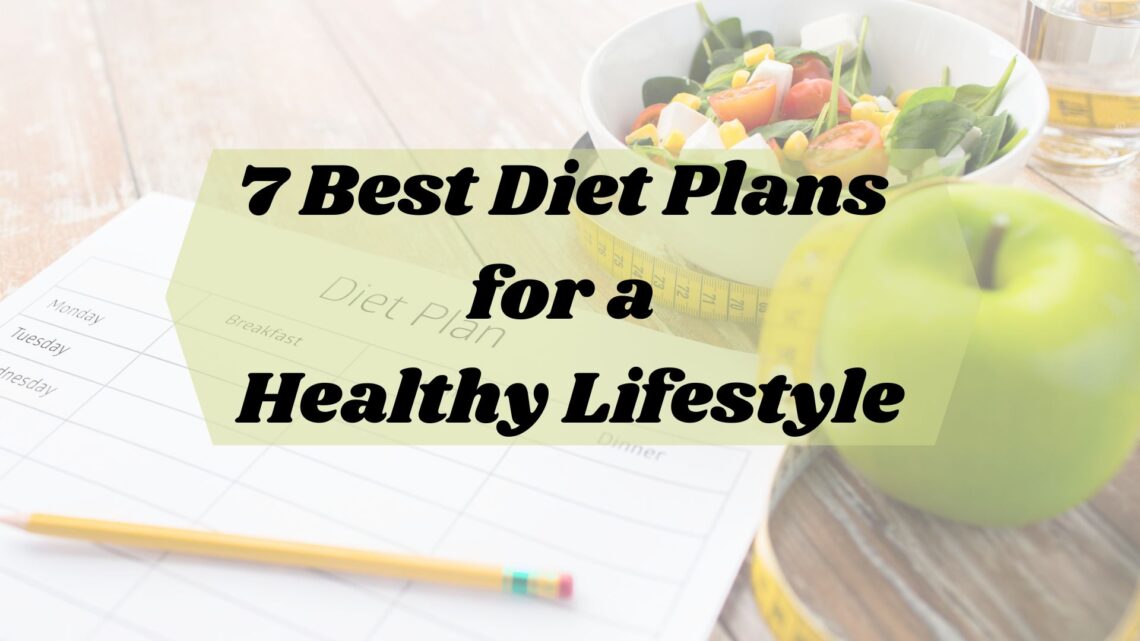
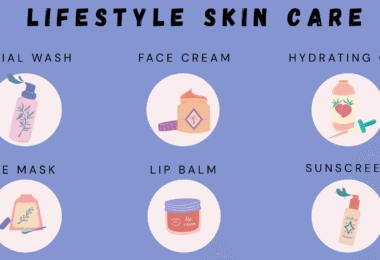





Leave a Comment